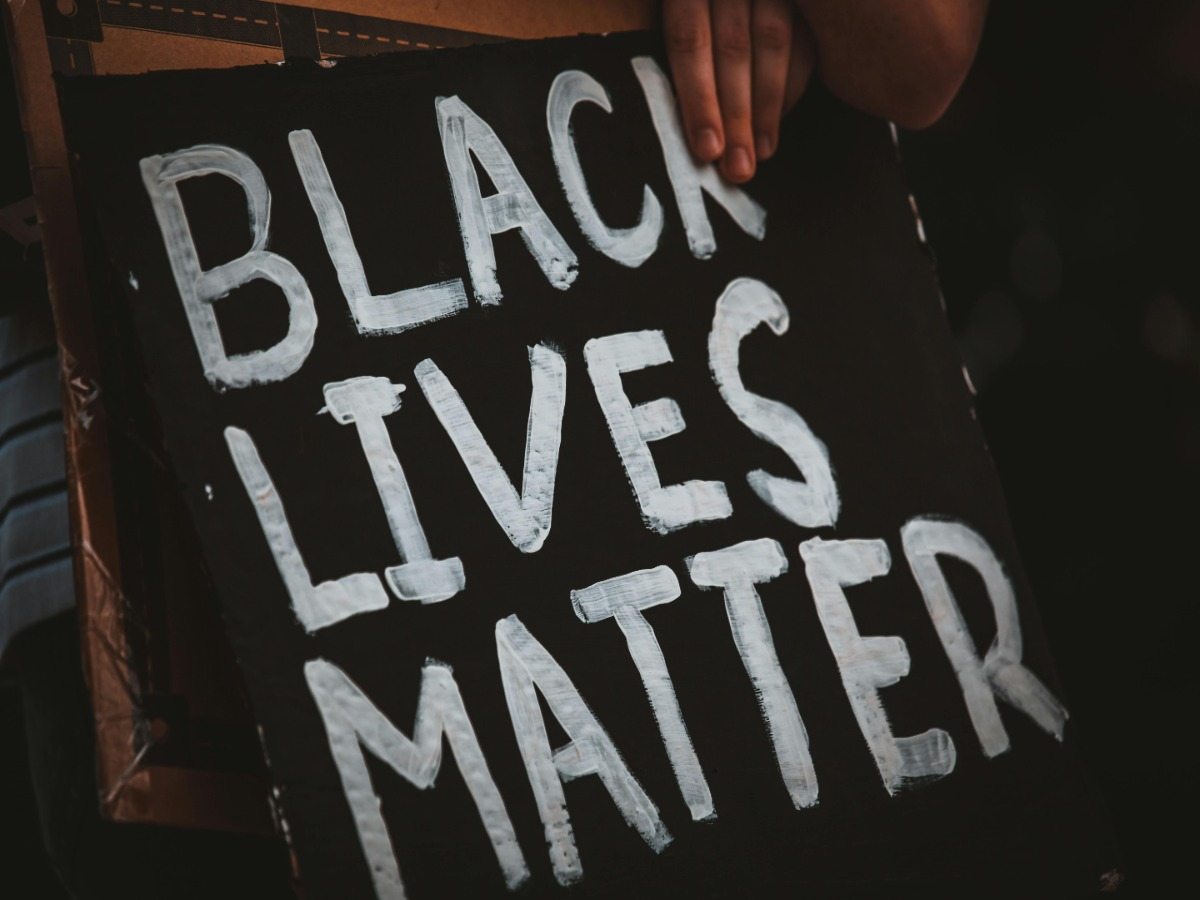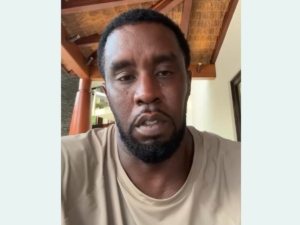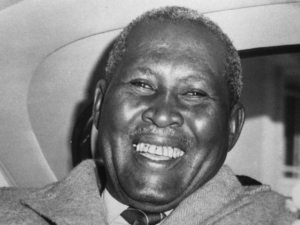Federal authorities are investigating whether leaders of the Black Lives Matter movement misused tens of millions of dollars donated during the 2020 racial justice protests, several individuals familiar with the case claim.
Over the past several weeks, the Justice Department has issued subpoenas and executed at least one search warrant connected to the Black Lives Matter Global Network Foundation, Inc., and other Black-led advocacy groups that helped drive the nationwide push against systemic racism, the people said. They spoke to The Associated Press on condition of anonymity because they were not authorized to discuss the ongoing criminal probe.
While it remains unclear if the investigation will lead to any criminal charges, its existence renews questions about how BLM organizations have managed and disclosed donations. The inquiry also comes amid broader unease within civil rights circles that the Trump administration could use the Justice Department to scrutinize progressive organizations critical of his leadership, including groups aligned with the BLM and transgender rights movements, as well as anti-ICE activists.
READ ALSO: Washington to remove ‘Black Lives Matter’ mural near White House
Justice Department officials declined to comment on Thursday, AP indicated in a report.
According to one person familiar with the case, the probe was initially launched under the Biden administration and has gained new momentum under Trump’s renewed tenure. Another source confirmed that allegations surrounding the organization’s finances were previously examined during Biden’s term.
The BLM foundation reported raising over $90 million in 2020 following the murder of George Floyd, whose death under the knee of a Minneapolis police officer galvanized global protests. Critics later accused the organization of failing to clearly explain how those funds were distributed. Those concerns intensified after BLM leaders in 2022 acknowledged using donations to purchase a $6 million Los Angeles-area property featuring six bedrooms and bathrooms.
Foundation leaders have repeatedly denied any wrongdoing, emphasizing that all tax filings were made public. Past reviews of the nonprofit’s finances have not uncovered evidence of criminal misconduct.
In response to the recent developments, the foundation confirmed that it has received subpoenas but stated in an email to the AP that it “is not a target of any federal criminal investigation.”
“We remain committed to full transparency, accountability, and the responsible stewardship of resources dedicated to building a better future for Black communities,” the statement read.
The Black Lives Matter movement began in 2013 following the acquittal of George Zimmerman, who fatally shot 17-year-old Trayvon Martin in Florida. It gained national prominence the following year after the police killing of Michael Brown in Ferguson, Missouri, turning “Black lives matter” into both a progressive rallying cry and a flashpoint for conservative criticism.
READ ALSO: 12 powerful songs that support the Black Lives Matter Movement
Initially envisioned as a decentralized network of local chapters, BLM’s reach expanded rapidly as its message resonated worldwide. The massive wave of donations that followed Floyd’s death flowed primarily to the BLM foundation, though other affiliated organizations also benefited from the surge in support.
In 2022, the foundation sought to clarify questions about its finances by releasing detailed spending reports. Its most recent IRS filing shows assets totaling $28 million for the fiscal year ending June 2024.
The current federal probe is being overseen by the U.S. Attorney’s Office for the Central District of California, based in Los Angeles. The office is led by Bill Essayli, who a federal judge recently ruled had exceeded the legal limit for his temporary role as acting U.S. attorney but allowed him to remain in charge as First Assistant United States Attorney.
Essayli, a former Republican state lawmaker, previously opposed California’s COVID-19 mandates and criticized policies protecting undocumented immigrants. As a private attorney, he once defended a white couple charged with a hate crime after they were caught on video defacing a BLM mural in Martinez, California, describing the movement at the time as a “radical organization.” The couple later accepted plea deals in 2022.
During the height of the 2020 protests, several state officials promised their own reviews of the BLM foundation’s finances, citing the need to protect donors. Most of those inquiries concluded without formal action. One notable case came in 2022, when Indiana Attorney General Todd Rokita sued the BLM foundation for failing to cooperate with his office’s investigation. The foundation later provided the requested documentation, leading to the lawsuit’s dismissal.










